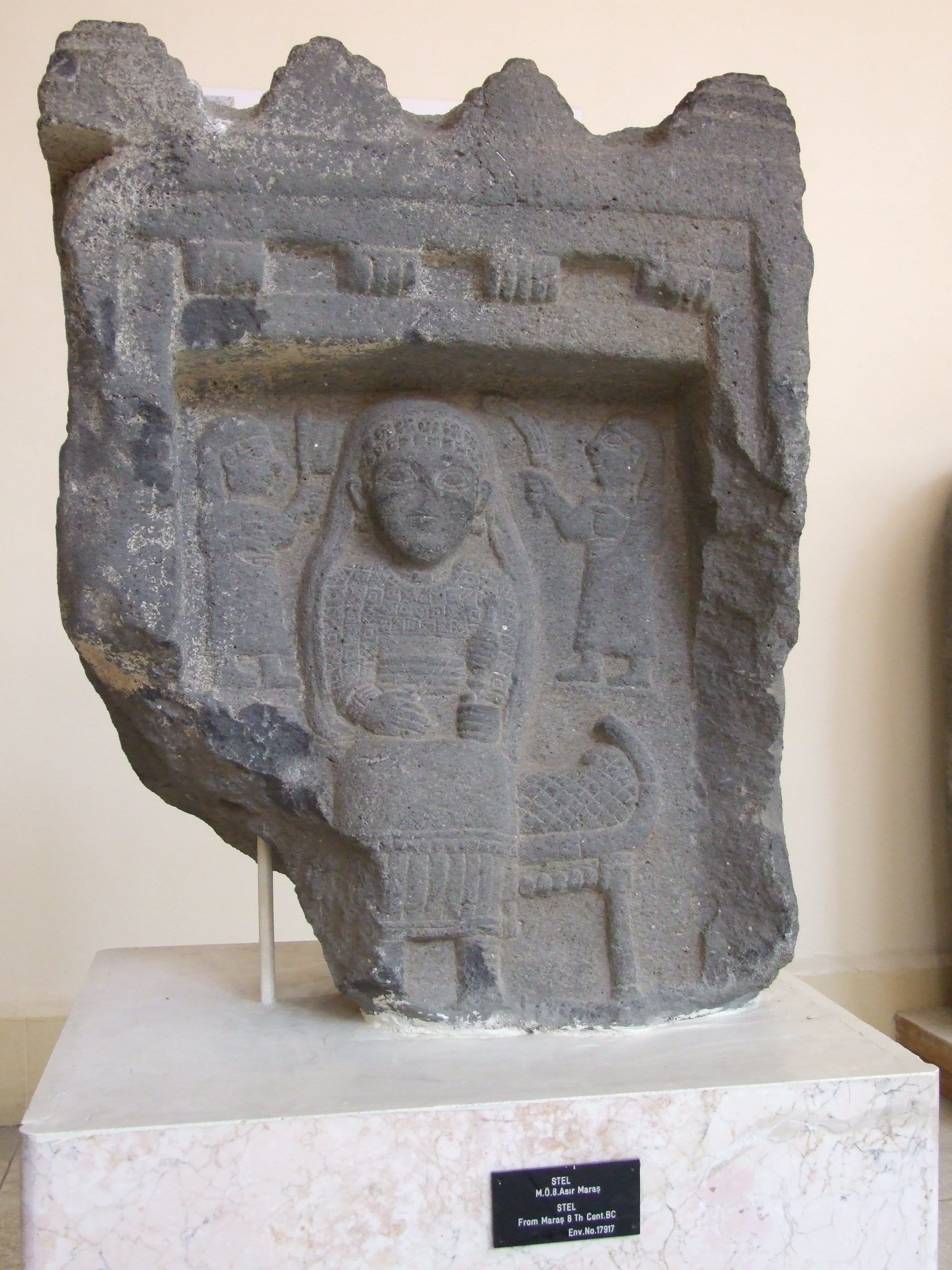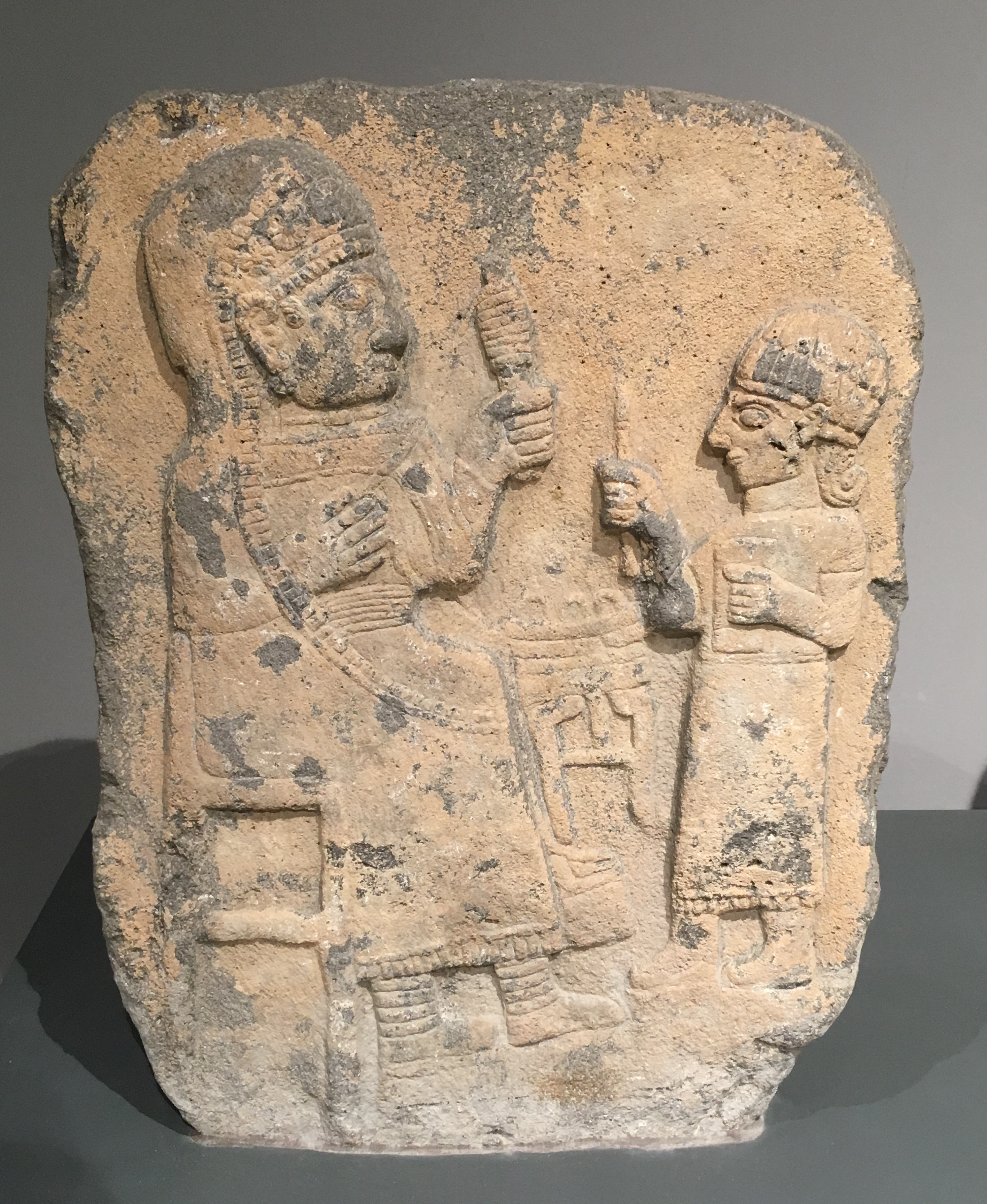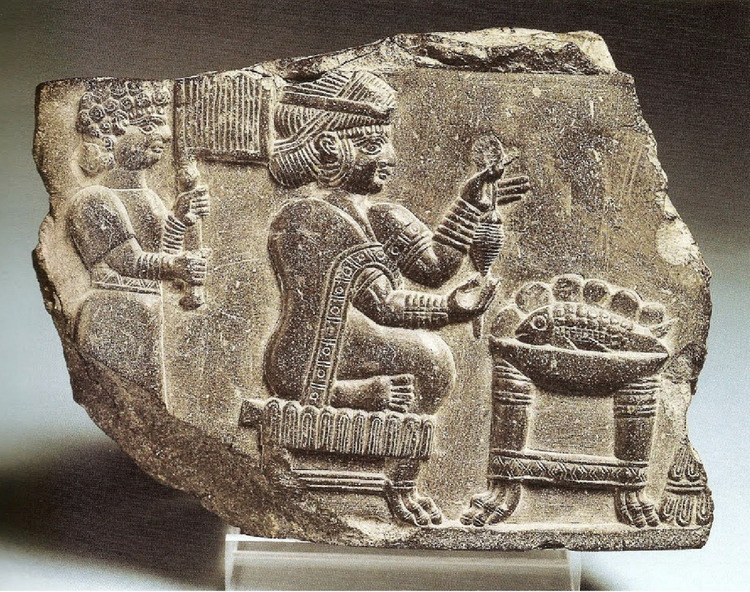Connecting Worlds, One Word at a Time
Discover Our VisionOur Core Philosophy
At the heart of SILA Linguists is a commitment to revolutionise the language industry.

Founded by Linguists, Driven by Technology
SILA Linguists emerged from a deep understanding of the language services landscape. As experienced linguists, we saw an opportunity to build a company that not only leverages the latest technology but also champions fair treatment and professional growth for language experts.
We are a Scotland-based start-up, pioneering advanced remote interpreting, translation, and transcription solutions. Our mission is to empower linguists and deliver unparalleled quality and efficiency to our clients, fostering a sustainable ecosystem built on reciprocity and respect.
Our Guiding Principles
Innovation First
We continuously explore and implement cutting-edge technologies to enhance our services and provide seamless, intelligent communication solutions for a globalised world.
Linguist Empowerment
We believe in fair compensation, fostering professional growth, and creating a supportive, collaborative ecosystem for our highly skilled linguists.
Uncompromising Quality & Security
Delivering accurate, culturally nuanced services with robust end-to-end encryption and data protection is integral to every aspect of our operations.
The SILA Technology Advantage
Harnessing the power of intelligent technology for superior language services.

Seamless, Secure, Smart Solutions
Our proprietary platform and the SILA Linguists app are at the forefront of our service delivery. We provide intuitive tools for telephone and video interpreting, AI-assisted translation workflows, and secure transcription services, ensuring a responsive and adaptive service.
- End-to-end encrypted communication channels.
- User-friendly interface for clients and linguists.
- Scalable cloud-based solutions for businesses of all sizes.
- Continuous platform development and feature updates.
This robust technological foundation allows us to offer efficient, accessible, and highly secure language services, tailored to the evolving needs of our global clientele.
Connect Instantly with SILA Linguists
Access professional interpreting and translation services anytime, anywhere. Download our intuitive app for a seamless experience and unlock a world of communication.
The Story of Our Logo
The SILA Linguists logo, featuring a spindle, is rich with historical and cultural significance, reflecting our deep connection to the art and science of language. The spindle, known as "Kompau" or "Tashi/Toshi" in the Taurus-Zagros region, has ancient roots, with these names deriving from Proto-Indo-European (PIE) terms associated with counting, summing up, and the intricate processes of making or analysing thread – and by extension, analysing words and language.
Historically, some researchers have suggested the spindle symbolised "woman's knowledge," while others linked it to "female witches." In the Taurus-Zagros region, a strong candidate for the homeland of PIE, the spindle is particularly seen as a symbol of women's profound knowledge in the creation and structuring of language, and in the development of new lexicons. The term "Computer" itself shares this etymological heritage, stemming from Latin "computare" (to count, sum up, reckon together), a combination of "com" (together) and "putare" (from PIE root "pau" – to reckon, prune, cut).
Our logo choice is inspired by these connections and the ongoing research by historians, linguists, and archaeologists from the Taurus-Zagros region aiming to uncover the full origins of this potent symbol. We look forward to sharing more insights from this research on our blog as it becomes available.




